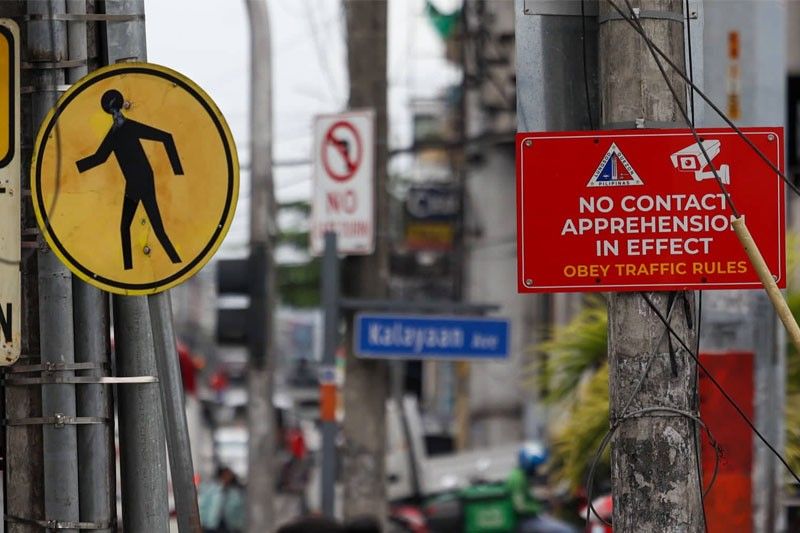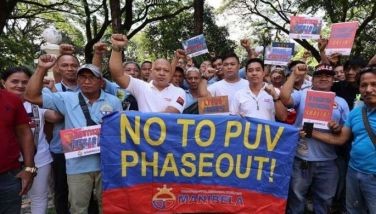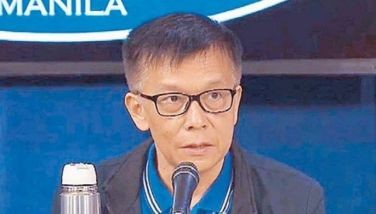Review NCAP implementation, PPP agreements – Salceda

MANILA, Philippines — Albay Rep. Joey Salceda yesterday asked three government agencies to review the no contact apprehension policy (NCAP) implementation, reiterating that the program may be violating legislations and other policies.
Salceda said the Department of the Interior and Local Government (DILG), Metro Manila Development Authority (MMDA) and Private-Public Partnership Center should also review the “underlying” private-public partnership (PPP) agreements entered into by some local government units (LGUs) implementing the NCAP.
“There appears to be inconsistencies with the rules of taxation, the Local Government Code, PPP rules and DILG guidelines,” he noted in a statement.
He cited the need to “rethink whether the model of allowing NCAP to be the subject of PPPs is allowed under existing laws and regulations.”
“I would also suggest that, as always, there be extensive stakeholder consultations among LGUs that will consider implementing NCAP. As is, the rule will disproportionately punish transport workers, who cannot avoid being on the road,” Salceda said.
Sen. Joseph Victor Ejercito said the NCAP should be “perfected” first before it is fully implemented.
He said several riders and drivers are “unjustly fined” because of the policy’s current flaws.
“The non-contact apprehension is a good idea, but not unless the system is already perfected, it’s the only time it should be enforced and implemented,” the senator said.
The NCAP uses closed-circuit television cameras and similar technologies to detect traffic violations.
Meanwhile, Valenzuela City Mayor Wes Gatchalian defended the income generated from the NCAP, saying most of it goes to the private supplier.
He said in his city, the government only gets 30 percent of its share from fines collected from motorists apprehended through the NCAP, while the private firm who provided the technology claims the rest of the income.
“The 30 percent is earmarked into a trust fund for dialysis patients in Valenzuela,” he said in an interview over radio dzBB.
Gatchalian explained that the private supplier gets the bigger slice of the income from fine collection to recover their investment.
The partnership between the city government and the private provider for the technology-driven, camera-based traffic apprehension program was a public-private partnership, he said, adding that the city government did not spend any money. – Paolo Romero, Ghio Ong
- Latest
- Trending




























